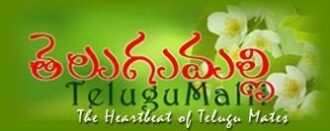We speak many English words today in everyday life despite speaking our own language at home with family or friends. The advances in technology and a need for a universal medium has allowed English words, phrases and terminology to make their way into many other languages. However, this often works both ways with many languages making an impression on English which we might not have even considered. Below are a few of the more prominent examples of Indian words that are readily used in the English language.
Pyjamas – A loose fitting garment worn for sleeping or lounging from the Hindi and Urdu Paijama
Nirvana – In Buddhism, it means the state of disinterested state of compassion and wisdom and a state of immeasurable happiness.
Shampoo – A liquid preparation that contains soap used for washing hair from the Hindi Campoo meaning ‘press’.
Pundit – An person of expert opinion sometimes used in the context of a football pundit deriving from the Sanskrit Panditah or learned man
Thug – A term often used to denote a thief or a cheat. It comes from the Hindi word Thag and arrived in the 19th century
Cashmere – Often used to refer to wool produced by Kashmir goats, the spelling has been anglicised here.
Khaki – A light olive brown to moderate or light yellowish brown and also clothing material of this colour. It comes from the Urdu Khak and Persian Khak which mean dust.
Ginger – The term comes from Kerala and was traded in ancient times with Greeks and made its way through the Romans into the wider world.
Mango – From Mangai in Malayalam and Tamil, it entered into Portuguese via their conquest of Goa and then into English with an ‘o’ ending.
Polo – An ancient game played in the Upper Indus Valley on horse back with a long handled clubs and a wooden ball. It was first played in the England in 1971 from the Tibeto-Burman (Balti) language simply meaning ball.
